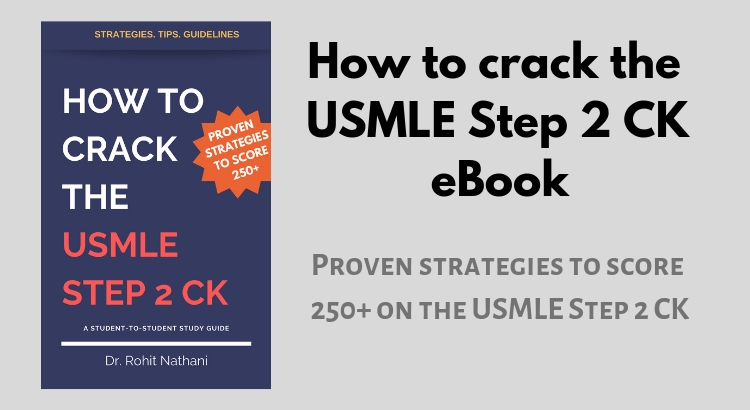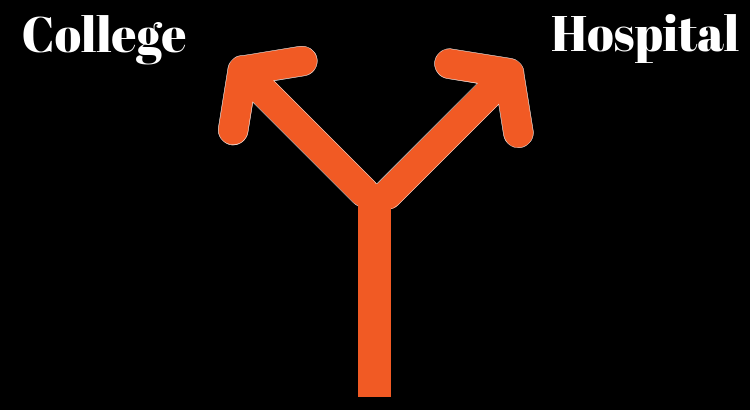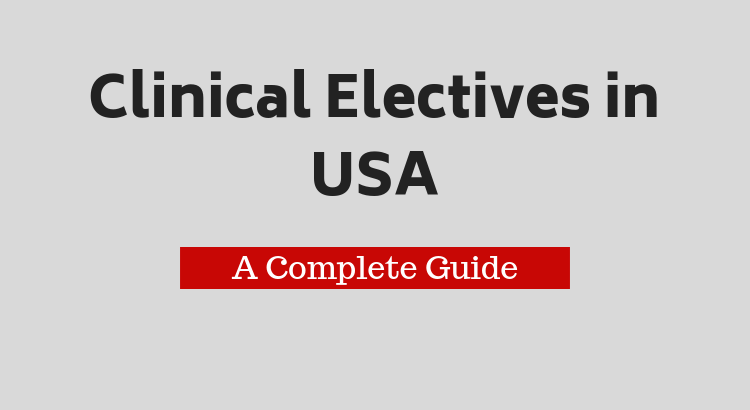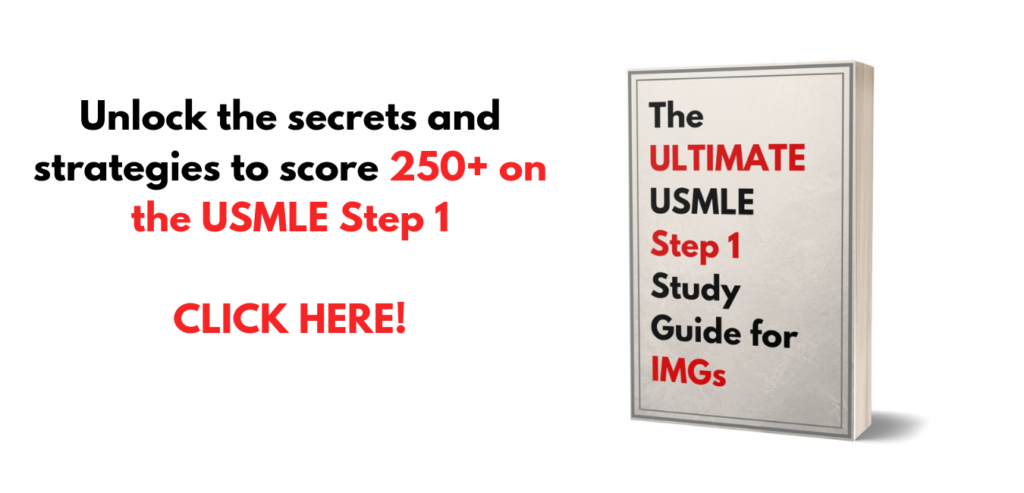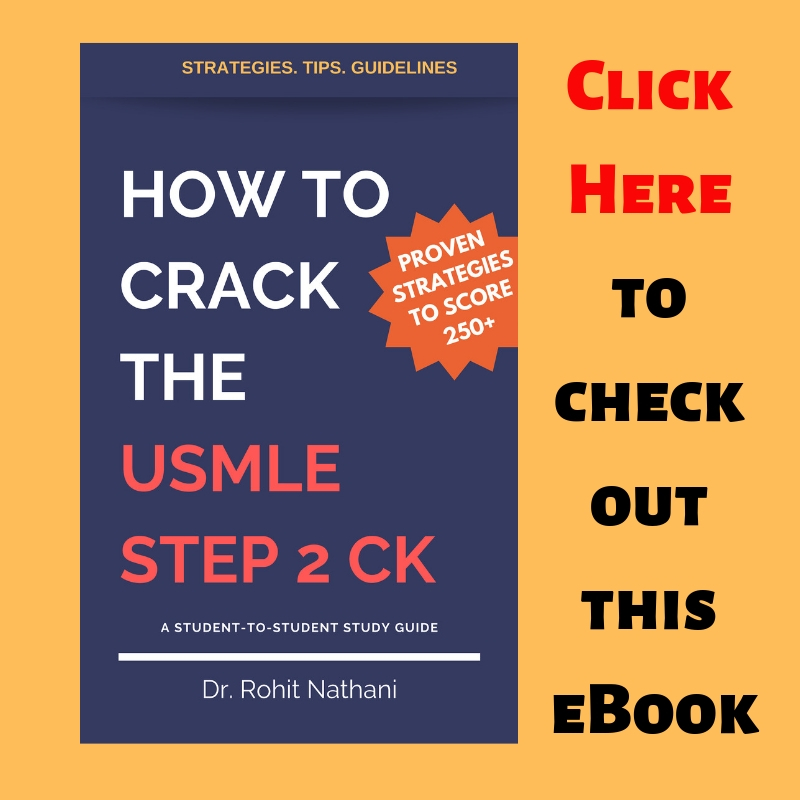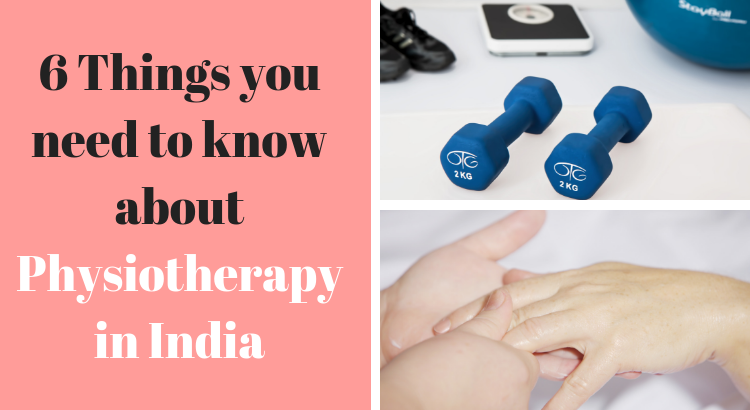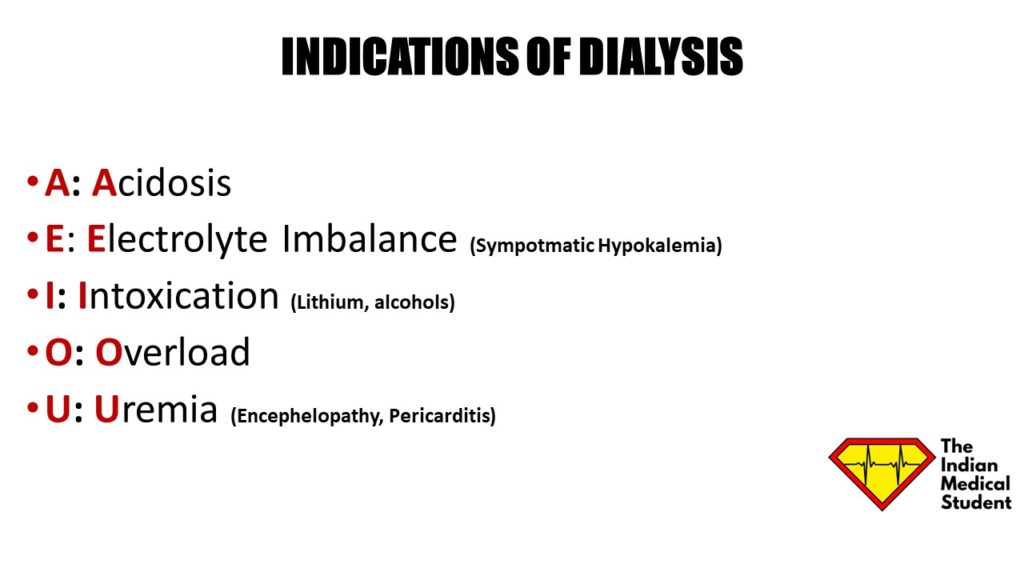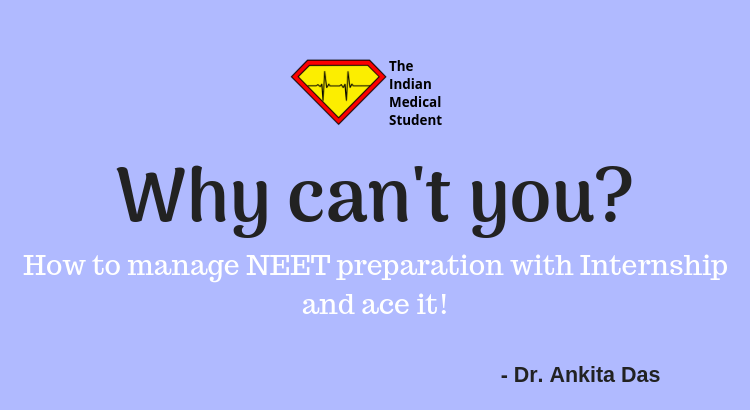We have Dr. Vaibhav Nagpal sharing his NEET 2018 experience with us. In this article he shares his tips on how to study for NEET. This is how he secured All India Rank 33 in NEET 2018.
(I am writing this article with the motive of helping students in NEET preparation. I will stress more on the approach of studying rather than what to study.)
NEET is neither a war nor is it the end of life. It marks the first few steps of our journey as a doctor. Do not consider this as a difficult task; like reaching the summit of Mount Everest, instead, take it as a stepping stone.
Building a castle requires a strong foundation, thus developing a good base plays an important role in the process.
It is not mandatory for you to become a bookworm, but then again you should not become super and chill and take everything casually.
During the first year the initial period is lost in getting accustomed to the new college, new environment. Having a basic idea in this year about anatomy and physiology will suffice, but do not neglect biochemistry.
The second year includes a golden time filled with fun, along with it has two golden subjects, Pharmacology and Pathology. You should treat K.D. Tripathi and Robbins with utmost respect because they form the foundation of almost everything.
Defer doing MCQs to third minor, study concepts and have fun in the meanwhile.
The third year has a lot of potential time. Complete the three subjects properly especially Community medicine which should be done twice. At the same time try to finish MCQs of important topics like Concept of health, Epidemiology, Health programs, etc.
Try to start Ophthalmology early on, because it being a conceptual subject and gets neglected in the end Otorhinolaryngology is a pretty interesting, easy subject which can be completed in this year itself.
Third year is the most appropriate time to attend coaching classes because not only do they give you an overall idea about the 19 subjects but also give a basic approach.
Making good quality completed notes is very important.
There will be times when in the evening (4-5pm) you are not able to understand whatever is being taught, it’s important not to leave the class then. Instead, write whatever is being said and complete your notes because these topics are covered by Faculty who have been observing the trend over the years.
Neglecting clinical postings should be a strict no no because not only it hones your clinical and communication skills but also becomes valuable in solving image based questions, which have become a frequent.
Being well versed with final year helps a lot because the knowledge remains fresh for NEET. By the time we reach final year we tend to forget the basics, so this is the time to strengthen our foundation as well as get a better understanding.
This can be done by integrating Final year subjects with 1st and 2nd year subjects. For example: Reading required Anatomy before General Surgery/Obstetrics and Gynaecology, reading related Physiology and Pathology before reading Medicine.
Few Golden points which made a huge contribution in my success:
- Stop studying for marks in university exams (Build concepts and have a good base). Changing your approach while studying helps in the long run.
- Listen to the advice of sensible seniors (Learn from their mistakes and don’t repeat them).
- Know your body and mind well (How much you can stretch beyond your comfort zone) and make goals accordingly.
- Never compare yourself with anyone. You may be a slow reader but have a better retention with few revisions and others may require multiple readings for the same amount of retention, so always know the pattern which suits you and follow it religiously.
- Never change books in between your internship because reading from different books dilutes your memory. Trust your choices and don’t get carried away.
NEET and Internship
Now let’s focus on NEET preparation during internship. NEET is a Mind game. If you are strong till the end and never give up, you will get through the drill well.
Balancing internship with studies is the most crucial part which everyone finds difficult. Total Number of hours of study is not the only thing which will help you crack NEET.
Smart and organized study differentiates you from the ordinary.
Internship provides necessary pressure because if you have too much time you tend to waste it and lose focus resulting in failure.
Giving a slow start in internship is fundamental. You can’t afford to burn out in the first few months. Don’t be under the pressure that if you have light postings initially you need to study 10-12hrs a day. This is counterproductive and will lead to exhaustion. Instead of studying 10-12hrs a day start studying early.
Taking rest/doing recreational activities (Sports or music) for at least 1 hour after your work has a vital role in keeping your mind fresh. Consider it as an investment for the rest of the day.
Take daily breaks for 1-2 hours, weekly half-day breaks on Sundays. A break of 2-3 days every 3 months is very crucial for people living in the hostel, go home and unwind and give a fresh start. We are not machines, can’t work endlessly.
The more stress you take, the lesser is the retention. Don’t turn into a pressure cooker which may burst at an inappropriate moment.
One thing which helped me the most is:
Planning → Analysis → Re-planning
Making a schedule is very essential for a productive outcome. While making the schedule following things should be kept in mind:
- Clinical posting (heavy light)
- Test and discussion timetable (if joined)
- Weak/strong subjects
Whenever assigning days to a particular subject always keep your emergency duty in mind. Making a schedule wisely and following it sincerely can do wonders.
The schedule should be tailored according to your pattern and never copied from anyone else. Always have a deadline for your schedule. If they are crossed, you have to leave that part and pick it up during revision. By extending you are unknowingly stealing the time allotted to another subject.
A simple trick which may help in Wards is, try to solve questions and not read subjects.
Reading a new topic requires a greater amount of concentration, which is not required for solving MCQs of a topic which is previously studied. This gives a lot of satisfaction and keeps you connected to the subject.
How to study?
Minimum 3-4 readings are required for an average person to score well in NEET. Since the questions of NEET are based on factual information, repeated revisions from the same source is the key for better retention.
Notes play a principal role in pacing up things. Notes can be used only if they are complete, which requires sincerity in the 3rd year during classes.
Never consider notes to be insufficient, rather it is an assorted collection of information made by experienced teachers who have carefully observed the pattern of exam.
Do not have a misunderstanding that notes made in earlier years get outdated by the time you reach internship. The important topics in the NEET exam remain the same.
The depth of knowledge required to solve them increases because they have to judge 1.25 lakh people with just 300 questions.
Start your first reading with notes as well as MCQ books. Read the same topic first from the notes and then go through the same topic from MCQ book, marking only that point u feel is important and missing from the notes.
You have to be very selective while marking in your book. Make a single source (Notes/MCQ book) from where you are going to read that topic for the next 2-3 revisions.
Do not change your source in the last few months.
While reading focus on things which have two similar/confusing answers. For example – In Galactosemia, most common enzyme involved is not galactokinase. Focus more on the questions in which your concept is wrong because all the connected questions will go wrong.
Narrowing down your information with your successive revisions is the most essential thing. You cannot read everything which you have read over 5 months in 2 months and then 1 month and later in just 15 days.
We need to have a marking scheme in such a way that we mark only those things which we need to read in the next revision. Use whatever way u want to separate the information marked in different readings. For example: Use different color pens and highlighters.
Start giving Grand tests (300 questions) from July because even if all the subjects are not covered it gives an overall analysis. Don’t be afraid of the score or the negative marking. Giving grand tests has the following benefits:
- It tells you where you stand
- Detailed analysis of each subject
- Hang of giving test with full concentration for 3hrs
- Shows the trend of questions of each subject
At the end of 10-12 Grand tests, we get a collection of 180-200 questions for each subject which are most commonly asked. Analyse these questions in detail and make a list of topics and put them under two categories High yielding topics (most commonly repeated) and Weak topics.
This helps in covering all the subjects in 20-30 days. This should be done before starting your second revision (3rd reading). For everyone their weak points are different, realising this and making your own list helps you in the future.
You should solve 80-100 questions (Past 6-7 years only) daily and not more than that because reading explanation is equally important
. In your successive readings only marked questions which you answered wrong or you found difficult should be revised. There is no need of seeing all the questions.
NEET and a Gap year?
Few tips for those who take a break from studies in internship and appear for NEET next year. A lot of people are not able to concentrate on two things simultaneously.
Some people need a break because they are exhausted, starting when you are already tired is of no use. There is nothing wrong in this approach.
While preparing you should always have an activity to de-stress and take your mind off from studies for a while. Playing a sport or listening to music are one of the commonest and most effective ways to relax.
Having an organised and planned study time table is very important. Most essential part is having a good peer group who are sailing in the same boat as you.
Having good people around helps you manage many stressors easily and increase your productivity. Remaining emotionally and mentally strong is the most crucial part.
I would like to conclude here with an emphasis on two qualities which will lead you to success in anything in life.
Being honest to yourself
Never giving up
Dr. Vaibhav Amar Nagpal is currently pursuing his residency in Ophthalmology (MS) at Maulana Azad Medical College. You can ask questions to the author in the comments section below.
Check out more articles on NEET here.
[jetpack_subscription_form title=”Like this article?” subscribe_text=”Subscribe for FREE and get articles directly to your inbox. Never miss an update” subscribe_button=”Subscribe FREE”]
